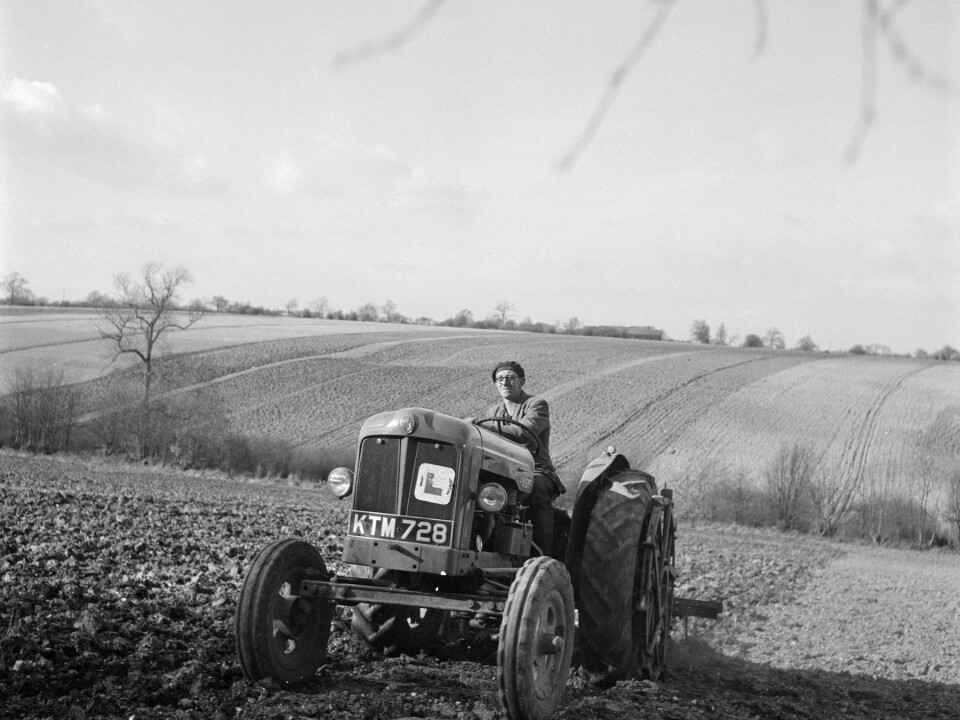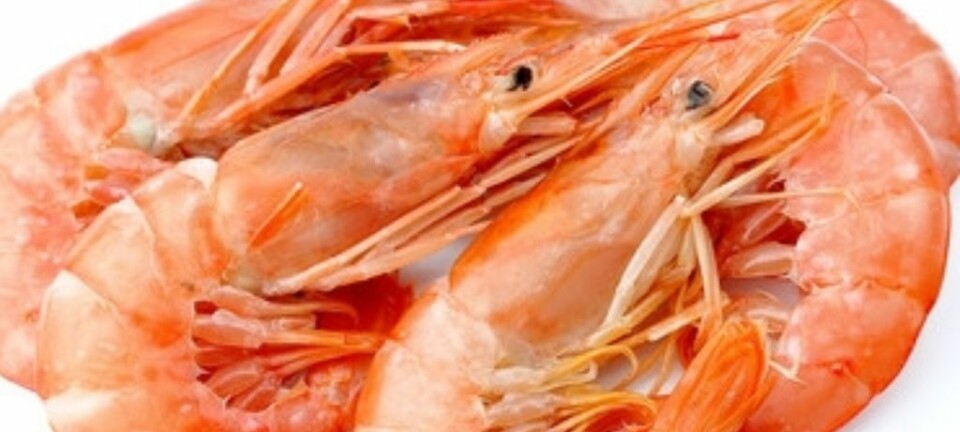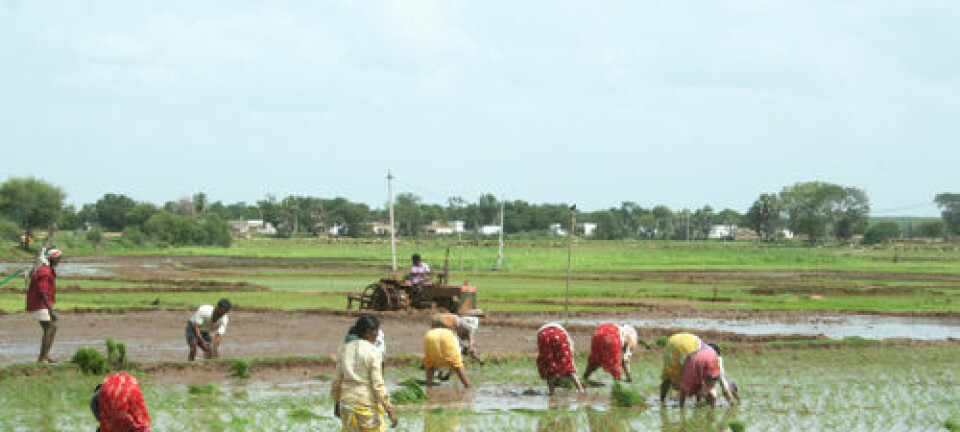Swedish farmers have doubts about climatologists
Farmers rely more on their own experiences with changing weather than on climatologists who have no agricultural experience, according to Swedish research.
Researchers the world over almost unanimously agree that our climate is changing because of the increasing amounts of carbon dioxide humankind pumps into our fragile atmosphere. But many farmers – at least Swedish ones – have experienced mild winters and shifting weather before and are hesitant about trusting the scientists.
Surprised
The researcher who discovered the degree of scepticism among farmers was surprised by her findings. Therese Asplund, who recently presented her PhD thesis at Linköping University, was initially looking into how agricultural magazines covered climate change.
Asplund found after studying ten years of issues of the two agricultural sector periodicals ATL and Land Lantbruk that they present climate change as scientifically confirmed, a real problem.
But her research took an unexpected direction when she started interviewing farmers in focus groups about climate issues.

Asplund had prepared a long list of questions about how the farmers live with the threat of climate change and what they plan to do to cope with the subsequent climate challenges. The conversations took a different course:
“They explained that they didn’t quite believe in climate changes,” she says. “Or at least that these are not triggered by human activities.”
Used to changes
The climate of course has previously gone through natural spells, and the farmers tend to think in terms of their experiences in recent decades.
“Many have a lot of experience, for instance they recall the mild winters of the 1960s,” explains Asplund.
The farmers also distrust climatologists partly on the grounds of what they perceive of as too much concurrence.
“They think information about climate change is too uniform. Credibility would increase if more contrary perspectives were presented,” she says.
Office science
And above all: They think climatologists lack the experience they have living in keeping with the soil, weather and growth seasons.
“Climate researchers also are given less credence by farmers because they think the scientists draw their conclusions from theoretical analyses rather than practical experience,” says Asplund.
She finds it hard to say how climatologists can make use of the farmers’ experiences:
“For the research of a scientifically trained climatologist, the opinions of farmers might not be all that essential. But that does not necessarily make their views irrelevant. For a sociological approach to climate research the farmers’ opinions are highly relevant, on a par with those of other social groups,” asserts Asplund.
Information is not enough
She is concerned about understanding disparate ways of thinking and responding with regard to climate issues.
“With insufficient knowledge, we risk believing that information will readily alter human perceptions and behaviour. The example of climate communication in Swedish agriculture shows what challenges a climatological point of departure for communication can encounter,” says Asplund.
After talking with focus groups all over Sweden, she thinks that information alone cannot change attitudes and behaviour – no matter how well rooted it is in empirical science.
Does this mean it is harder than thought to get Swedish farmers to engage in climate-friendly agriculture? The researcher says both “yes” and “no”.
It will be hard as long as the implementation of improvements is voluntary. But in the discussions the farmers signal that they can adapt – if not to physical climate changes, at least to climate policy decisions. Thus it should be no harder to get them to adjust to climate measures as to other political mandates.
But there is one proviso: “This is a resistance to decrees which they think undermine competitive Swedish agricultural production,” says Therese Asplund.
------------
Read the Norwegian version of this article at forskning.no
Translated by: Glenn Ostling









